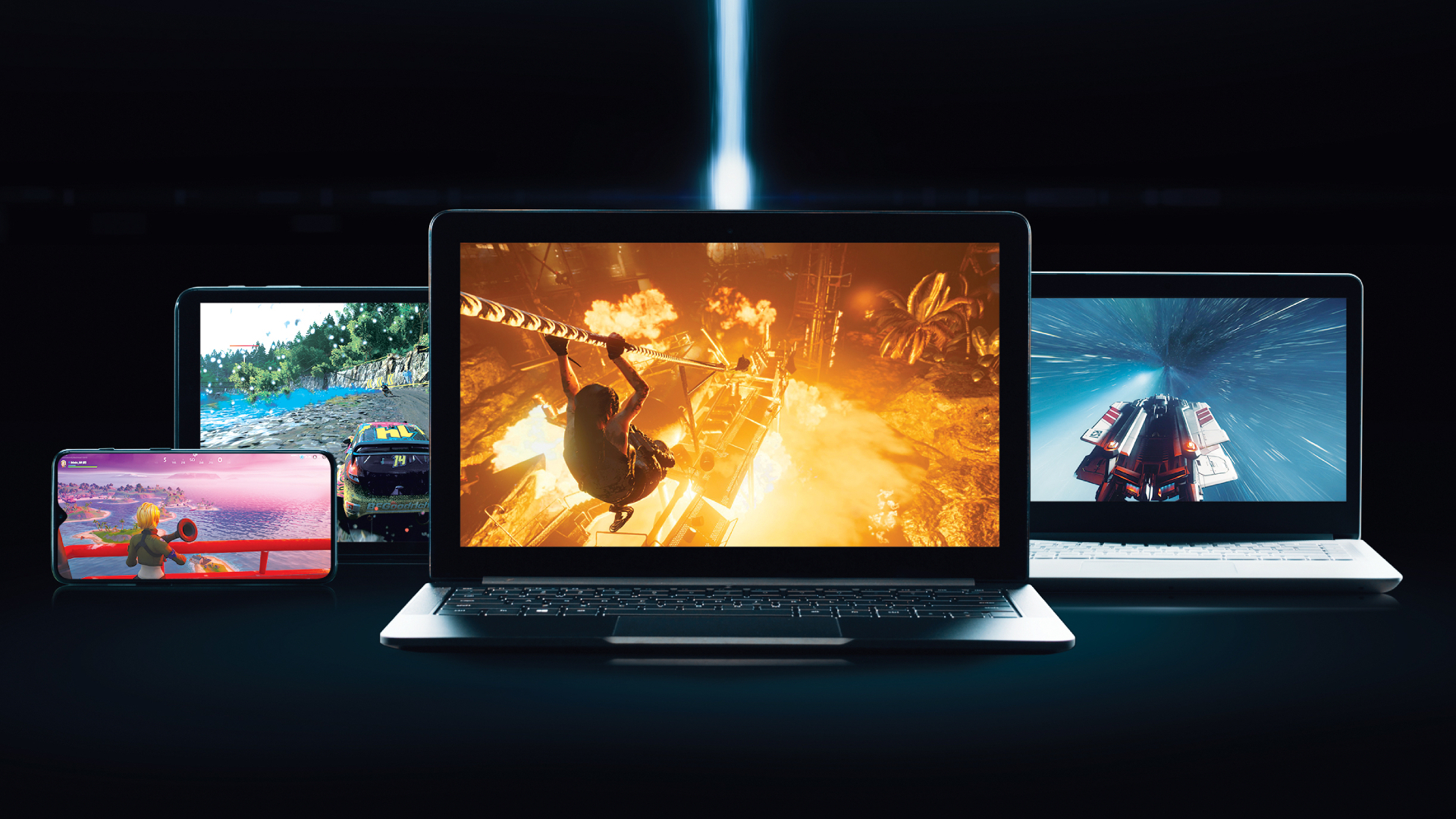GeForce what Now? Shadow game streaming gets much cheaper – and VR in the cloud is in the works too
Shadow Boost tier officially launches, delivering much more affordable pricing

Shadow, one of the multiple players in the game streaming arena, has revamped its subscription model and drastically reduced prices, as well as making some nifty additions to the service – including a reworked app, and the revelation of VR gaming in the cloud.
It used to be the case that the basic tier of Shadow was a rather pricey proposition compared to rivals like Nvidia’s GeForce Now, running to $25 per month (if you signed up for an annual plan).
- GeForce Now will get Cyberpunk 2077 on launch day
- Which is the best cloud gaming service?
- These are the best graphics cards of 2020
Now, as was previously indicated, gamers in the US can avail themselves of the basic Shadow Boost tier for $11.99 monthly (on the annual plan – it’s $14.99 if you want a month-by-month subscription).
In the UK, the pre-order price has also been changed to pretty much match this, being set at £12.99 monthly, or £14.99 if you don’t want to commit to the annual subscription.
For that outlay, you get a package designed for streaming games in Full HD resolution which offers a quad-core CPU, 12GB of RAM, and a GTX 1080 equivalent graphics card.
The difference between Shadow and GeForce Now is that with the former, you are effectively renting a full Windows 10 PC in the cloud, and can install anything on it to use remotely (not just games, but applications too). That means you can install any game you wish, and unlike Nvidia’s service, the company doesn’t have to support specific titles.
Because as we’ve seen, Nvidia has run into big trouble with some of the major publishers pulling their games from its service (the likes of Activision Blizzard, Bethesda, and most recently 2K Games). Shadow has no such issues with permissions (at least not yet, anyway).
Get daily insight, inspiration and deals in your inbox
Sign up for breaking news, reviews, opinion, top tech deals, and more.
Titanic streaming
There are two other tiers for gamers who want more, and Shadow Ultra will run you $24.99 (£24.99) on an annual plan, delivering support for 4K graphics with ray tracing (or targeting 144 frames per second in Full HD, if you prefer lower res and smoother) via an RTX 2080 or equivalent.
The top-tier offering is Shadow Infinite at $39.99 (£39.99) on the annual plan and is targeted at the likes of enthusiasts or streamers, featuring an RTX Titan as the GPU (and a six-core CPU, rather than the quad-cores of the other plans).
The basic Shadow Boost offering is available now in the US, and has been extended to cover all states, with the higher level plans to launch later this year (they’ll first be offered to a limited number of folks during the summer, apparently).
In the UK, as we mentioned, the service isn’t officially launched yet, but you can pre-order Shadow Boost, or sign up to a waiting list for the other tiers.
Shadow has also been working on its software, and announced the introduction of a new and improved interface, with a fresh app for Android mobile devices and Android TV.
Another interesting move forward is the launch of a ‘VR in the cloud’ service to allow streaming virtual reality games, which will take the form of a ‘VR Exploration Program in the US’.
Anecdotally, we’ve seen a fair bit of chatter online across various forums where people are complaining about GeForce Now losing key titles, and others are recommending Shadow as a platform where this doesn’t happen. We’ve previously been impressed by the quality of the service, too – so the stage might be set for it to gather some serious momentum going forward.
Darren is a freelancer writing news and features for TechRadar (and occasionally T3) across a broad range of computing topics including CPUs, GPUs, various other hardware, VPNs, antivirus and more. He has written about tech for the best part of three decades, and writes books in his spare time (his debut novel - 'I Know What You Did Last Supper' - was published by Hachette UK in 2013).